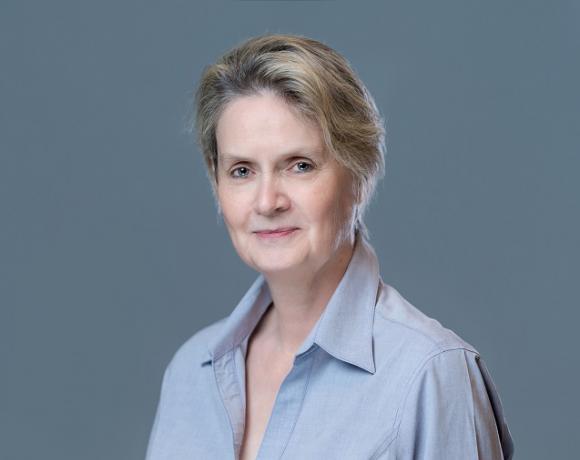
Rosin, Miriam
BSc (Sask.), PhD (Tor.)
Academic Rank(s): Clinical Professor, Pathology and Laboratory Medicine, UBC | Founding Director, BC Oral Cancer Prevention Program | Founding Director, BC Oral Cancer Prevention Program
Affiliation(s): BCCA/BCCRC
Research and Scholarly Interests: Cancer, Informatics, Knowledge translation, Molecular Pathology and Cell Biology, Oral cancer prevention and management, Evidence-based risk assessment, Knowledge translation and community health, Big Data/AI initiatives as driving forces for oral cancer change
Clinical Interests:
Dr. Rosin is a translational scientist with a life-long passion of improving our capacity to prevent oral cancers. Her research has focused on the evolution of new, more comprehensive strategies to answer the ““who-, when-, and how-to-treat” trio of questions that underlie decision-making for individuals seen in clinic with premalignant lesions. She is PI on a unique Oral Cancer Prediction Longitudinal Study that has been following patients in BC with premalignant lesions, capturing multi-faceted data on disease progression. This effort has created a pipeline for research into the development of innovative molecular and adjunctive tools to facilitate clinical decision-making and remove barriers to oral cancer and precancer patient flow through the health system. A current large focus of her work is on the development of global strategies for integration of “Big Data” tools into oral cancer research frameworks to facilitate the evolution of new concepts and risk patterns that will guide the next generation of risk stratification processes.
- Professor, School of Biomedical Physiology and Kinesiology, Simon Fraser University https://www.sfu.ca/bpk/people/faculty_directory/rosin.html“>https://www.sfu.ca/bpk/people/faculty_directory/rosin.html
Academic Background
- PhD. (Cell Biology), University of Toronto, 1976
- BSc. (Cell Biology), University of Saskatchewan, 1972
Awards and Recognition
Publications
Selected Publications
Research Interest
- Oral cancer prevention and management
- Evidence-based risk assessment
- Knowledge translation and community health
- Big Data/AI initiatives as driving forces for oral cancer change
- Translational research
Clinical Service